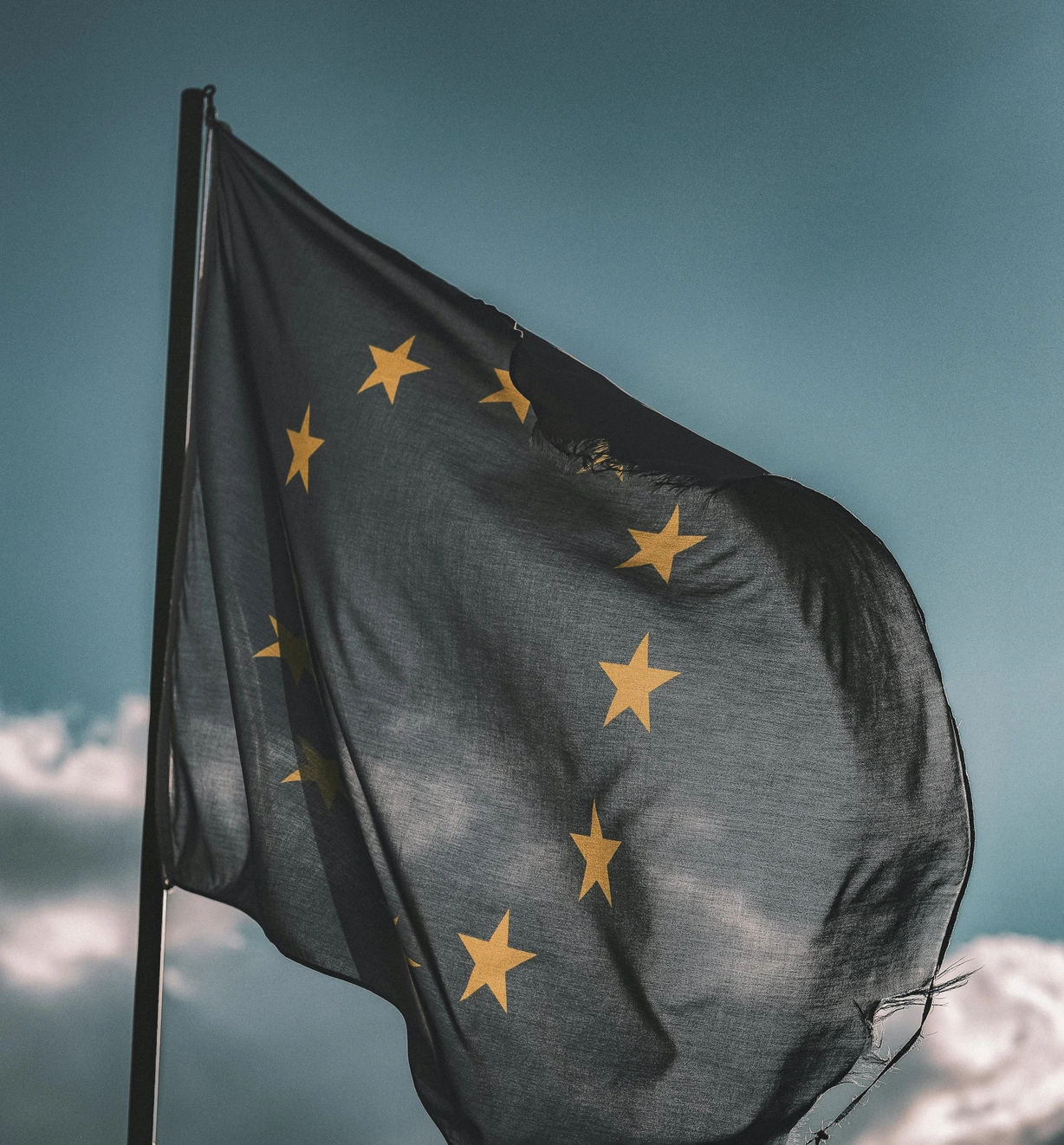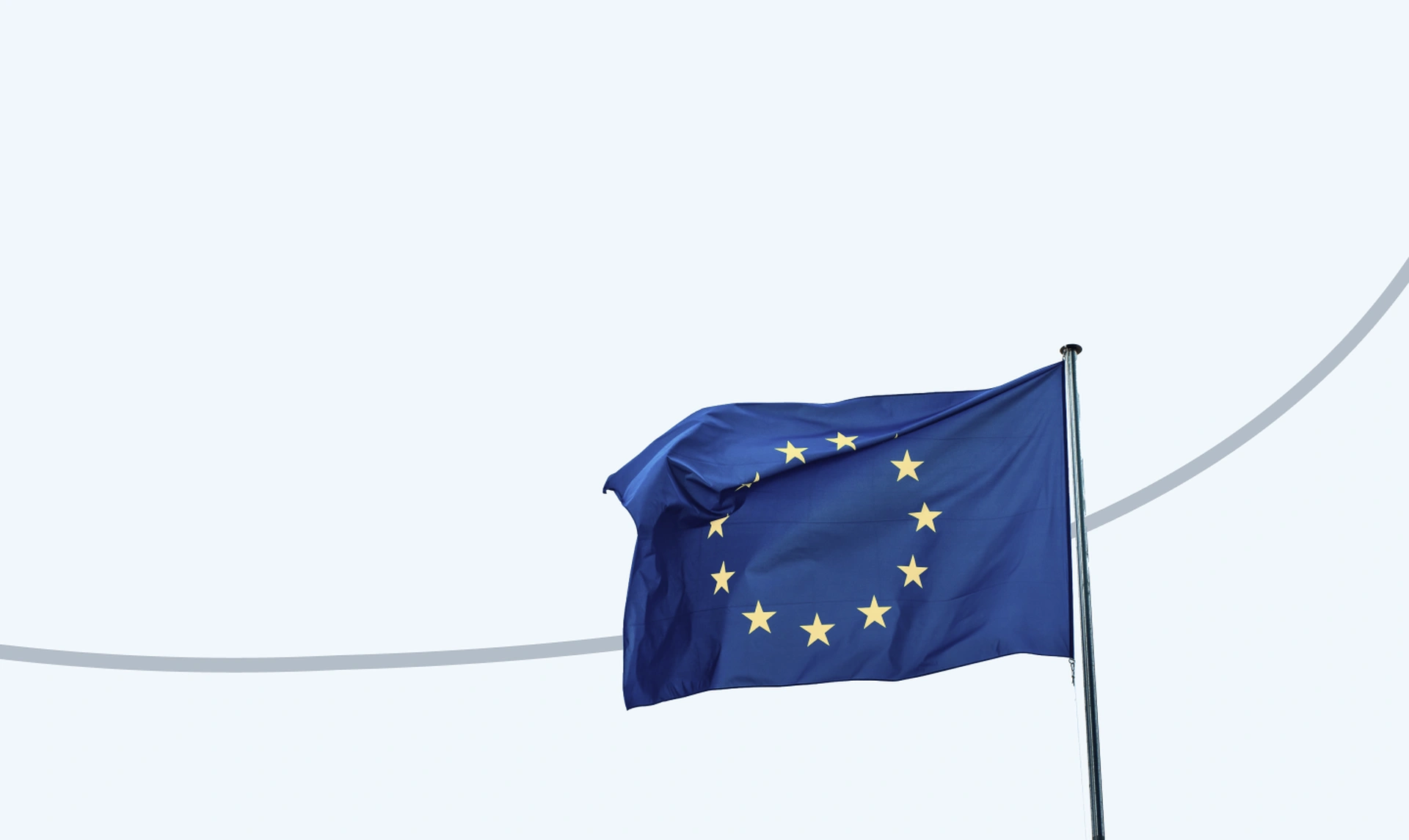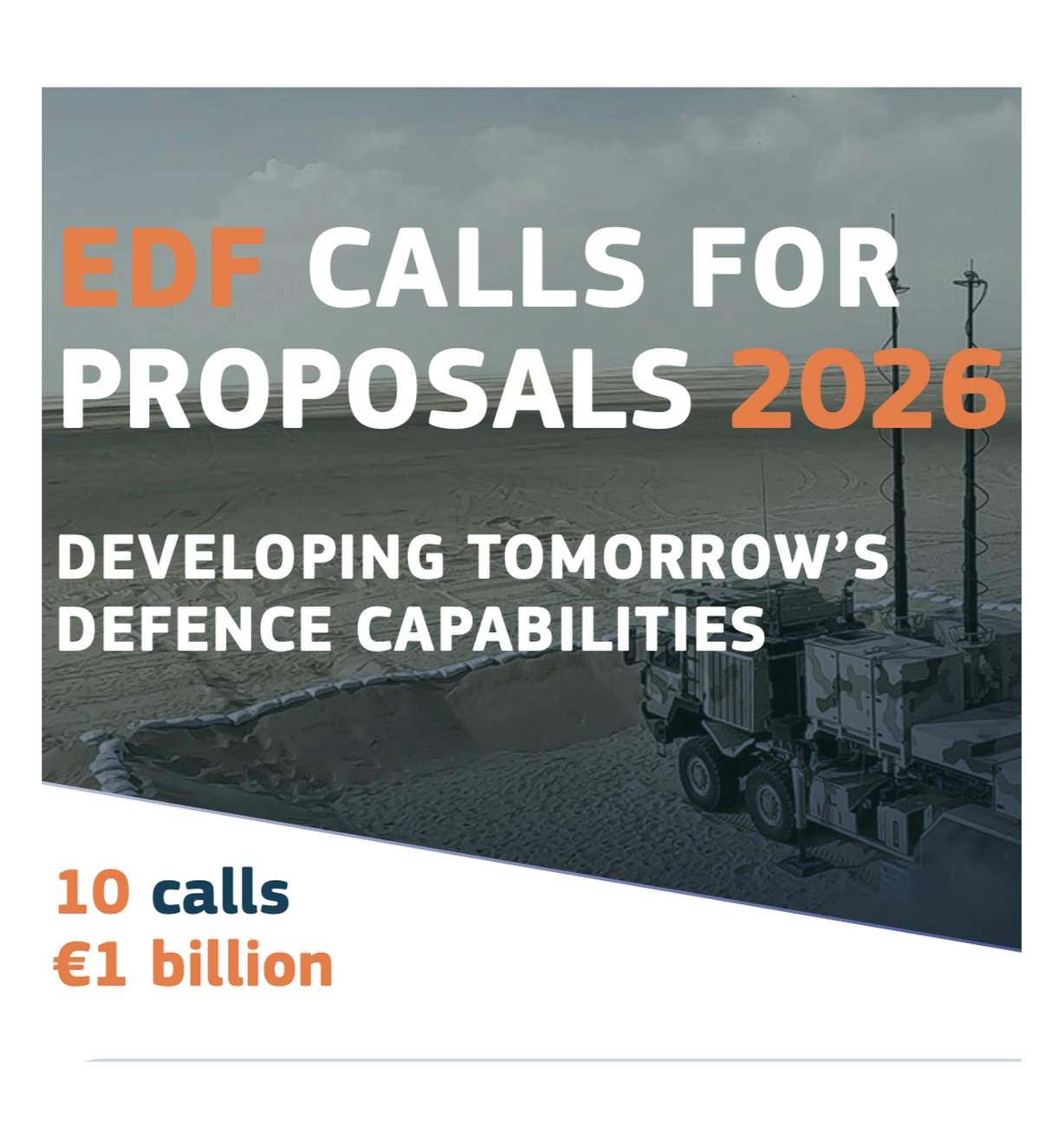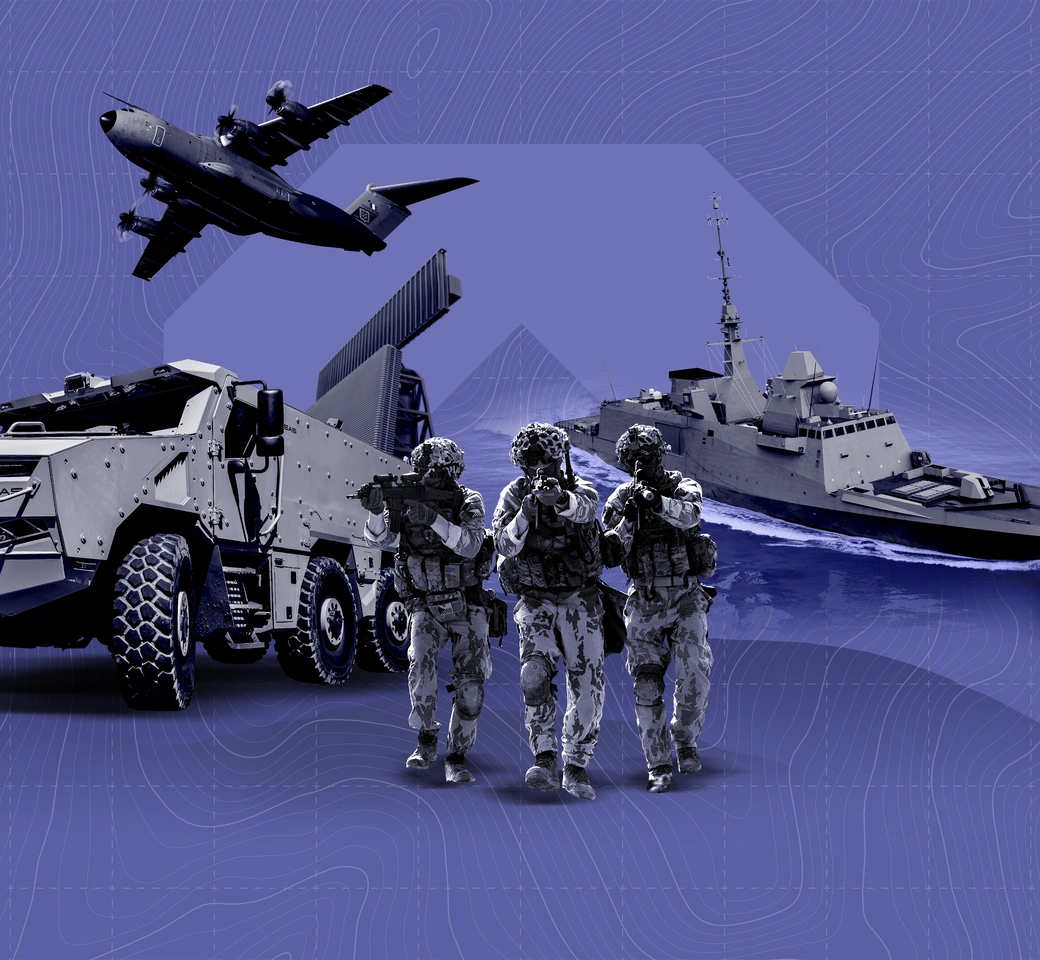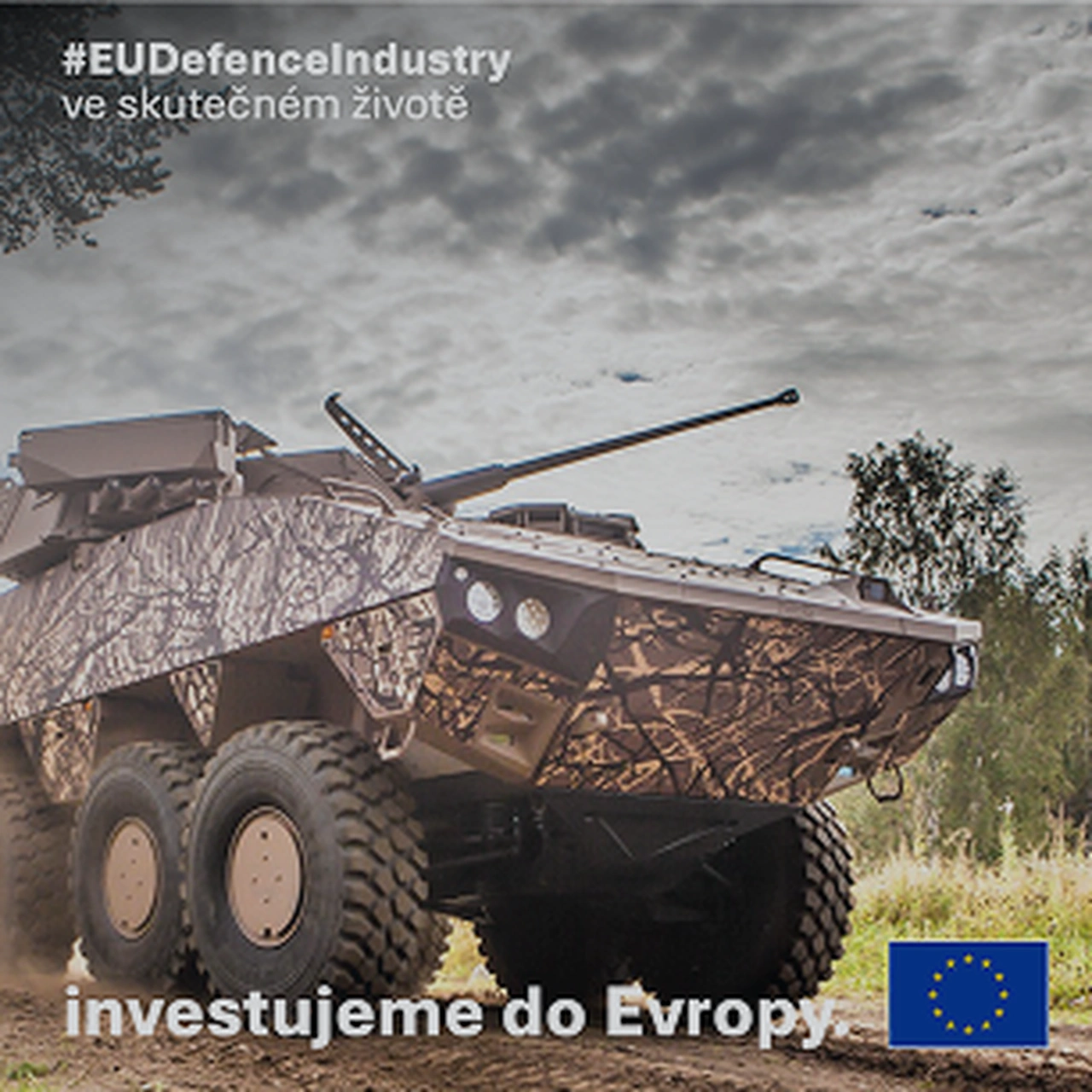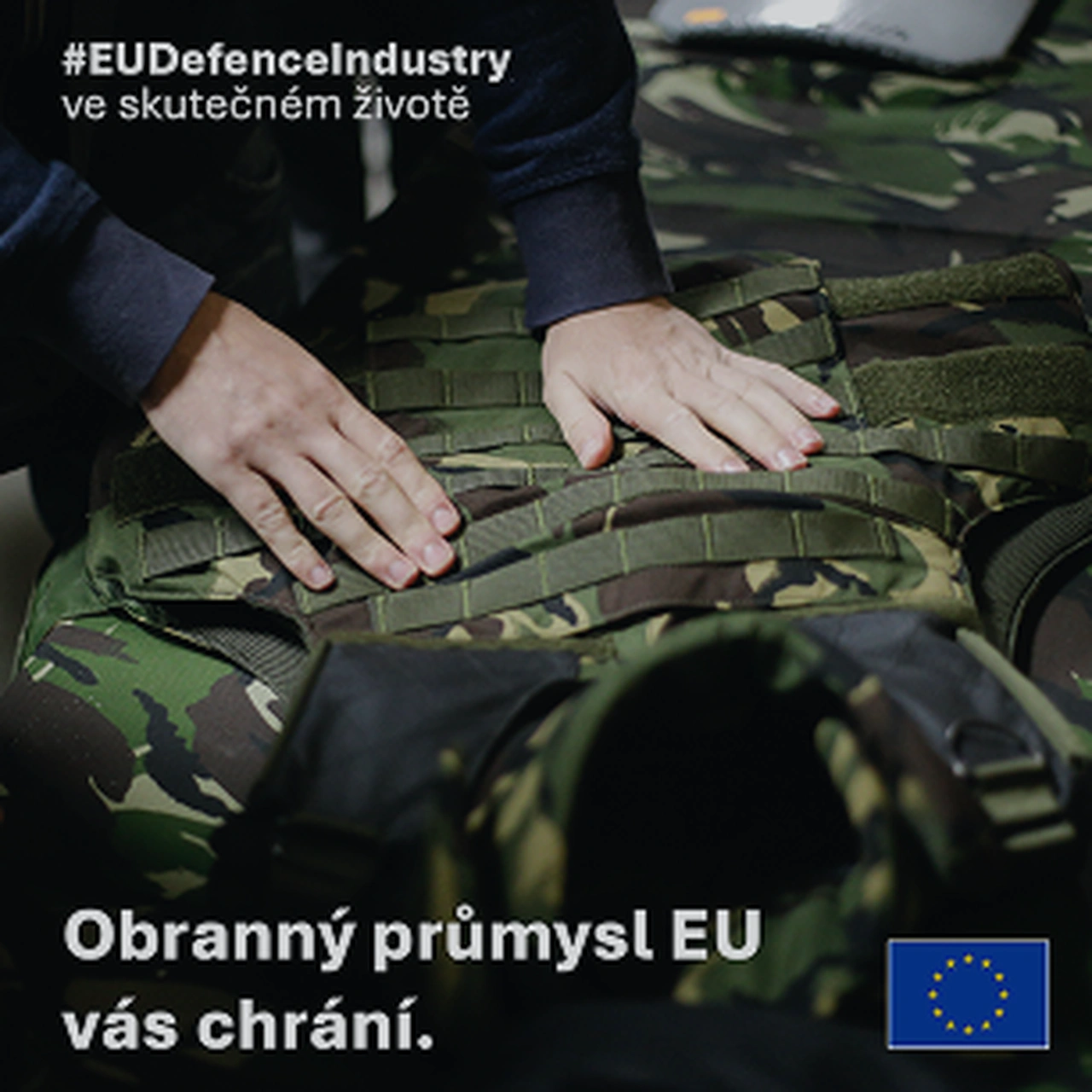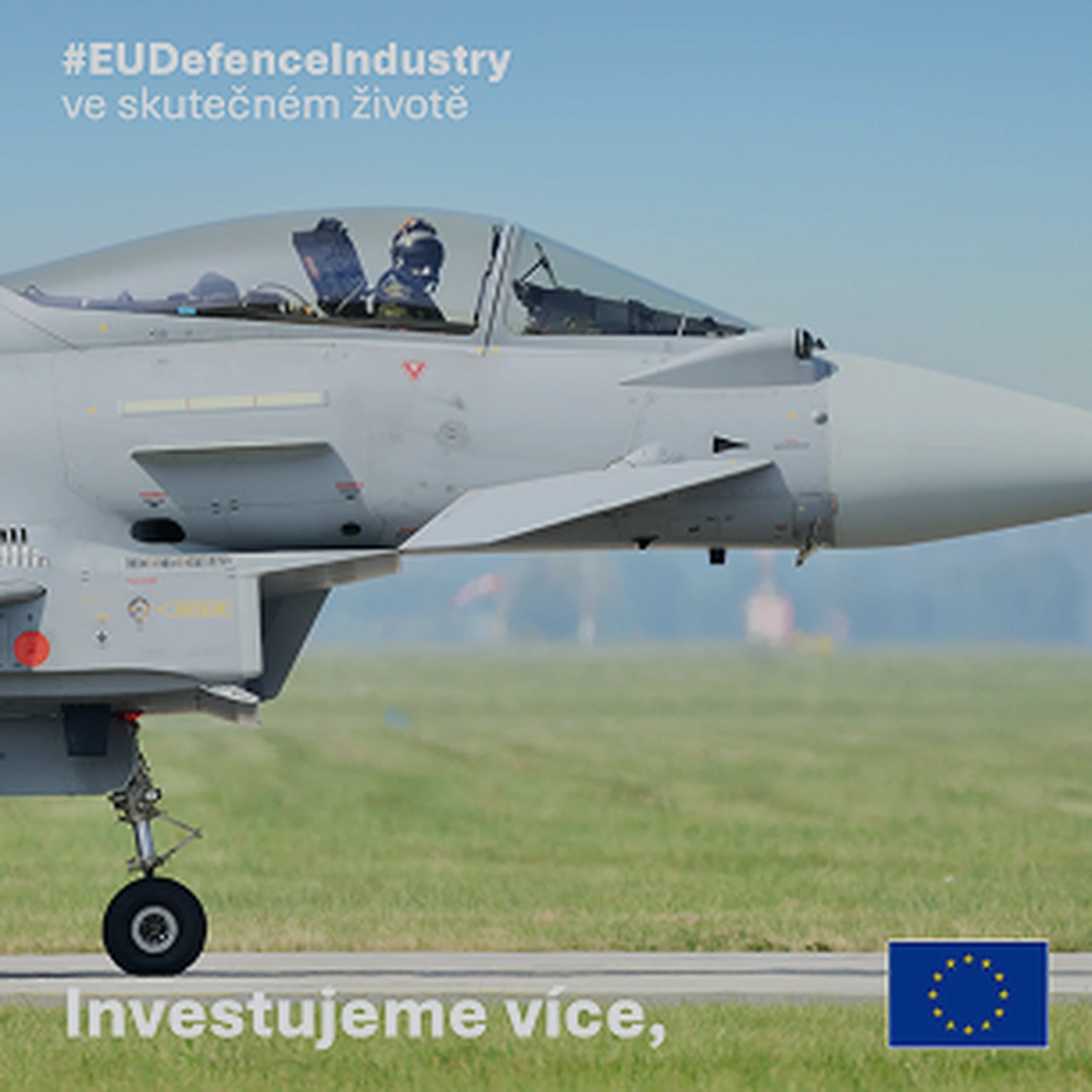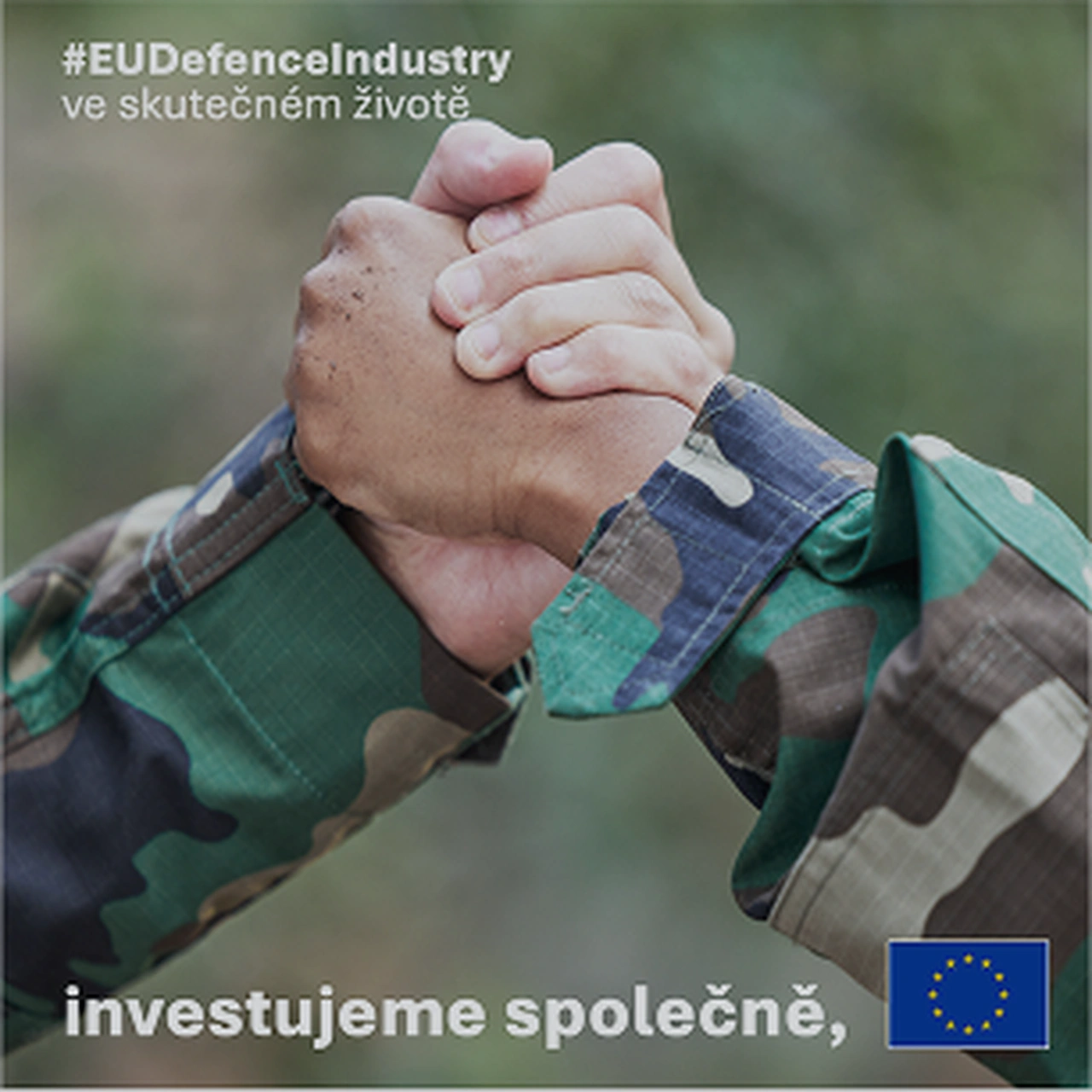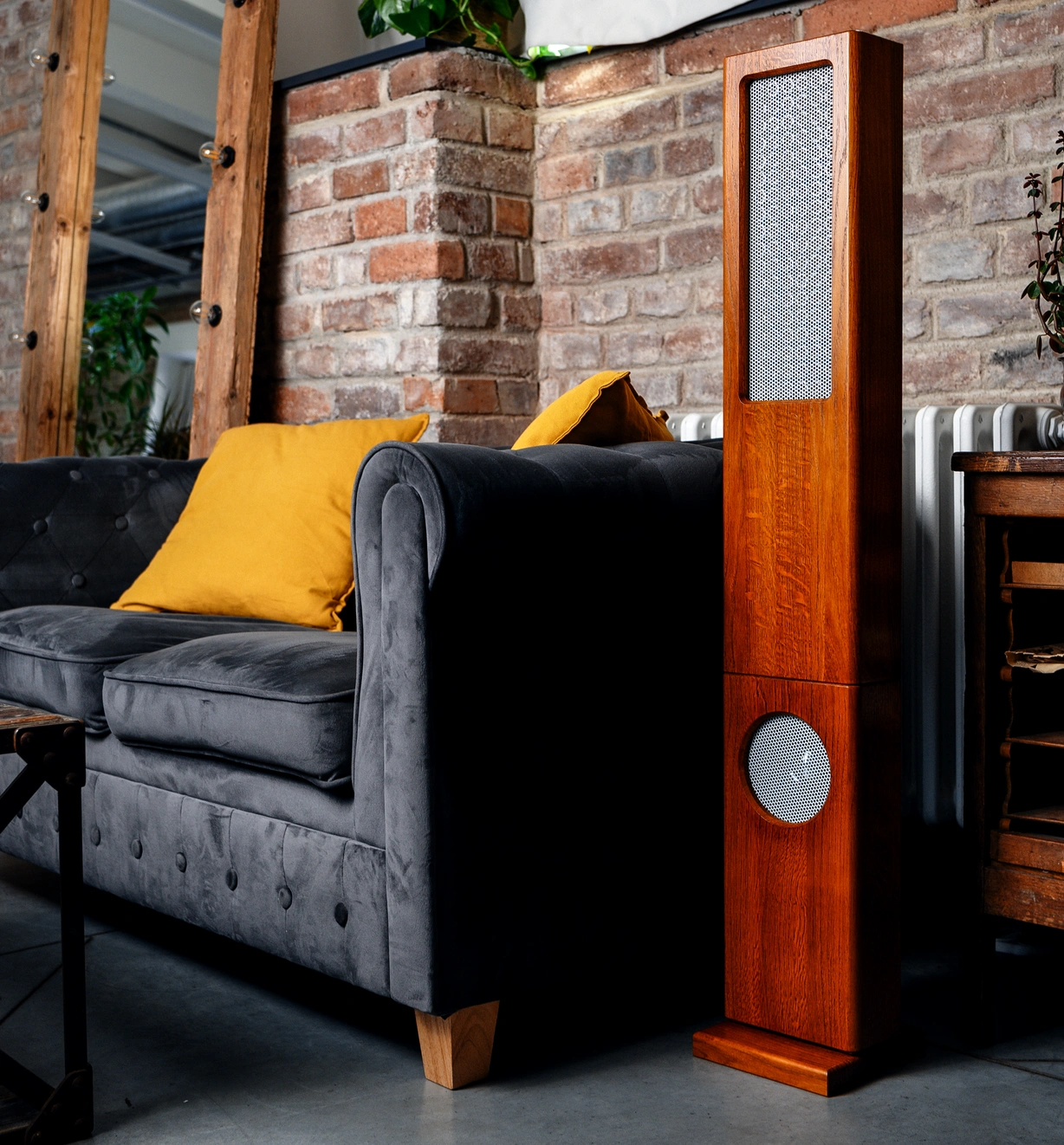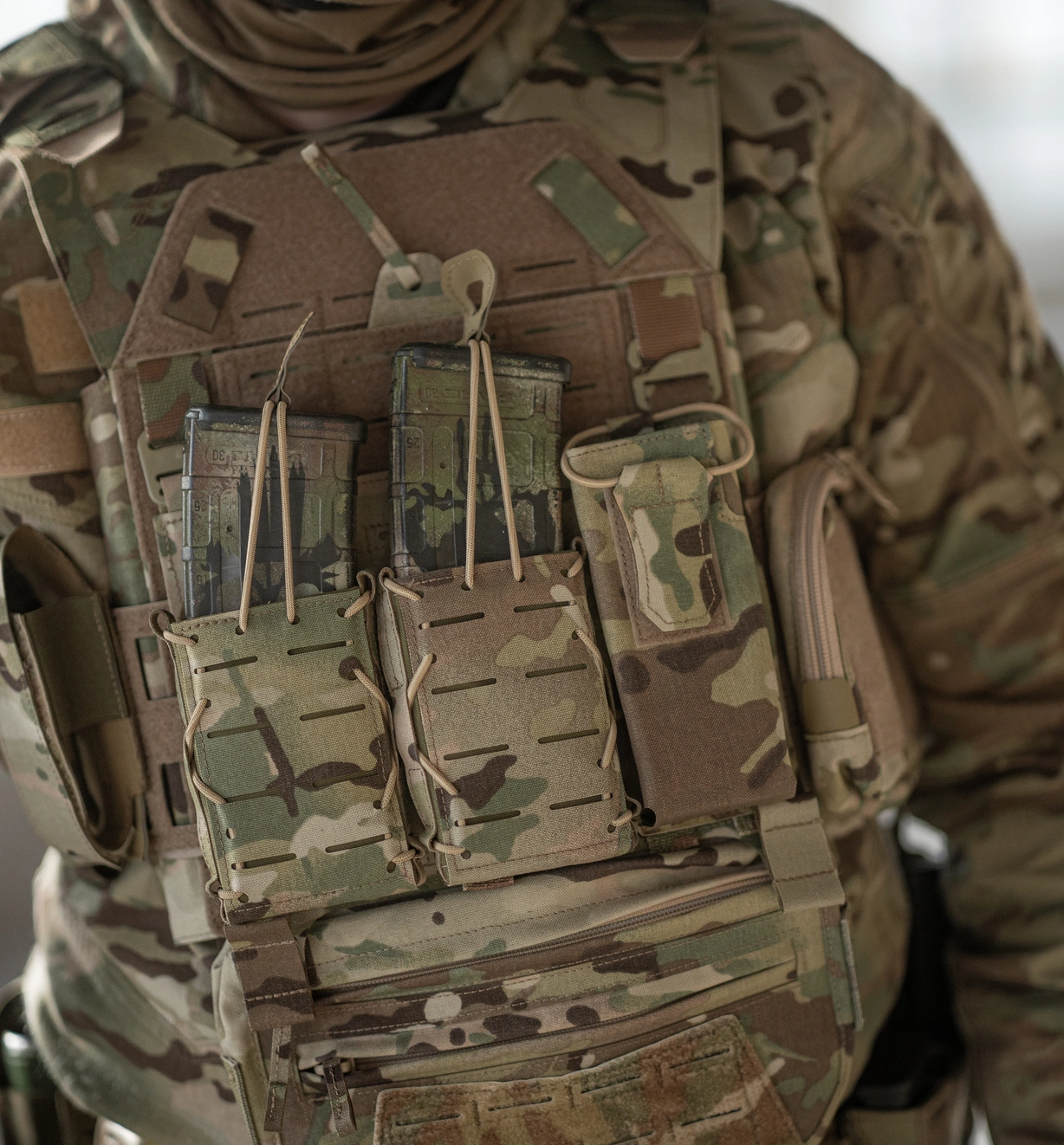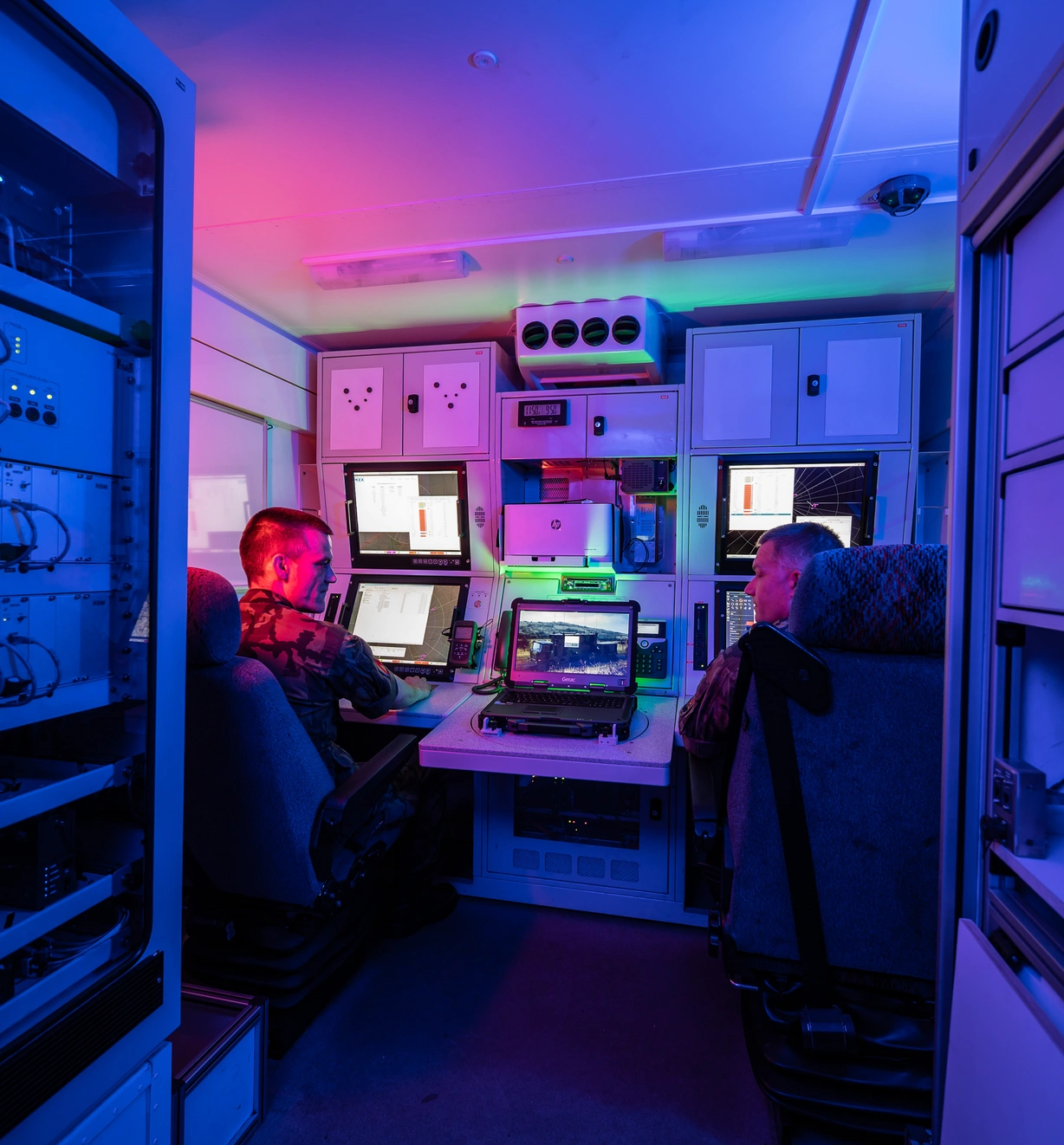European Defence Fund
EDF: Key EU programme for the defence industry
About the European defence fund and its role in Europe
The European Defence Fund (EDF) is a grant initiative of the European Commission to support collaborative defence research and development and contribute to an innovative and competitive defence industrial base (EDTIB) in EU Member States. The EDF is a grant programme for the period 2021-2027 with a total budget of €8 billion.
In the EDF annual work programme you will find the specified R&D calls with requirements for solutions. Consortia of at least three independent entities from at least three EU countries and Norway can submit their proposals to address the calls.
Comprehensive information on the EDF and the submission requirements can be found on the Commission's stands.
€8 billion
Multiannual financial framework 2021-2027
€1 billion
Work Programme 2025
